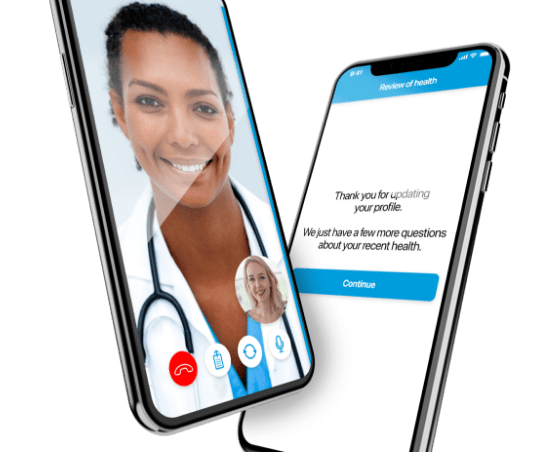
Roche Diagnostics has recently received CE-mark regulatory approval for a novel method of diagnosing Polycystic Ovary Syndrome (PCOS), a common endocrine disorder affecting approximately 1 in 8 women of reproductive age. The newly approved Elecsys Anti-Müllerian Hormone (AMH) Plus immunoassay, previously used in fertility diagnostics, now offers a non-invasive alternative to the traditional transvaginal ultrasound for diagnosing PCOS.
PCOS, characterized by a range of physical and emotional health issues, including a leading cause of infertility, has been difficult to diagnose, with up to 70% of cases believed to be undiagnosed. The Elecsys AMH Plus immunoassay provides a less invasive, more comfortable, and potentially faster diagnostic method, especially beneficial for those uncomfortable with transvaginal ultrasounds or those who are not sexually active.
The Elecsys AMH Plus immunoassay aligns with the updated 2023 Rotterdam Criteria, which now recommend that elevated AMH levels can be used to detect polycystic ovarian morphology (PCOM), a key marker of PCOS. This advancement in diagnostic criteria and technology represents a significant step forward in addressing the needs of women with PCOS, offering an alternative to the invasive transvaginal ultrasound and potentially improving early diagnosis rates.
Dr Ashton Harper, Head of Medical Affairs at Roche Diagnostics UK and Ireland, said: “I’m really pleased that we’re able to offer this innovative use of the Roche Elecsys Anti-Müllerian Hormone (AMH) Plus immunoassay as a more accessible alternative for diagnosing PCOS. With the vast majority of women with PCOS going undiagnosed, it’s critical that we make diagnosis as easy and comfortable for all that need it.”
Dr Anne Connolly MBE, General Practitioner with a special interest in gynaecology, said: “This test is great news for women and for the clinicians who care for them – supporting earlier diagnosis and reducing the short- and long-term consequences of PCOS.” She adds: “PCOS is such a common condition but too often it goes undiagnosed. Transvaginal ultrasounds can be daunting for some patients, so with the update of the Rotterdam criteria, it’s great that there’s now an alternative method of testing. It’s long overdue.”
Rachel Morman, Chair, Verity PCOS UK, said: “We know that early diagnosis is a key component in improving health outcomes and quality of life in those with PCOS. We also know that almost three quarters of the 1 in 8 that have the condition remain undiagnosed. There are many layered and complex reasons for this, and one of those is unsuitability of an internal ultrasound for many; be it due to cultural or religious sensitivity, not yet being sexually active or sadly even previous sexual trauma. We welcome the AMH blood test as an option for helping some women and people living with PCOS have an easier path to diagnosis.”
With this advancement Roche aims to expand access to PCOS diagnosis and encourage early intervention to manage the condition and reduce the risk of long-term complications such as type 2 diabetes. Truly a pivotal moment in women’s healthcare, particularly in addressing PCOS, a condition that remains significantly underdiagnosed.



